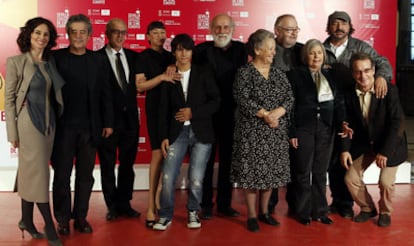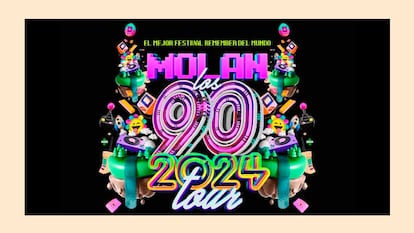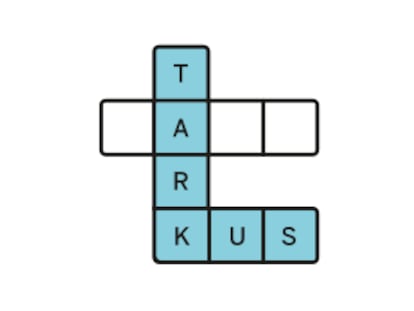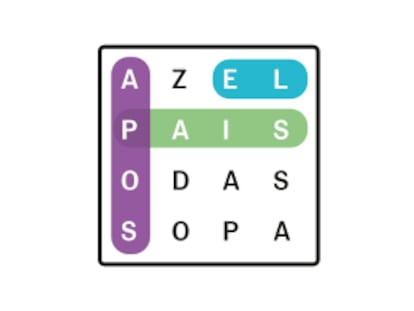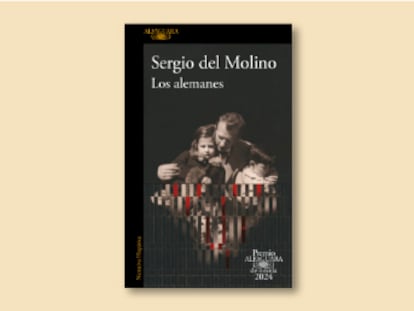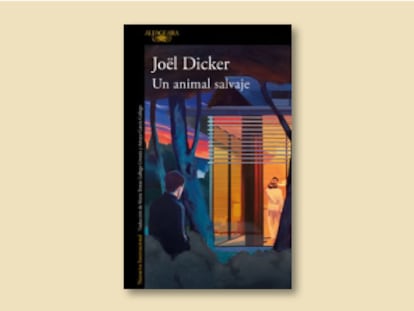Resurrecting Rafael Azcona
'Los muertos no se tocan, nene' is a movie adaptation of the late, great Spanish screenwriter's most autobiographical novel
It's three years since the death of screenwriter Rafael Azcona, a legend among legends in Spanish cinema, and many creators still feel an emptiness at the loss of his lengthy, ironic and incisive commentaries. Now some of them — José Luis García Sánchez, playwright Bernardo Sánchez and David Trueba — have sought consolation in a noble way: by adapting Azcona's novel Los muertos no se tocan, nene (or, Don't mess with the dead, kid), which formed a trilogy along with the classics El cochecito and El pisito.
The book is probably Azcona's most autobiographical work. Among the plethora of characters who come and go in a Logroño apartment, where a wake is being held for an old man who died age 99 in 1959, is teenage great-grandson Fabianito, author of some poems that make even his most liberal auntie blush. Another character, a kid who locks himself in the bathroom with a dictionary to look up dirty words, could be Azcona himself.
Many of the film's troupe of actors — Carlos Iglesias, Silvia Marsó, Mariola Fuentes, Tina Sainz, Carlos Álvarez-Novoa, Pepe Querol and Airas Bispo — were at the Seville European Film Festival for its premiere last week (only Álex Angulo and Blanca Romero were missing), along with director José Luis García Sánchez, who denies this tragicomedy is a eulogy for times past.
"This film is not an exercise in nostalgia, though it may have a certain nostalgic tone," says García Sánchez. "I think the black and white makes you realize that it is not a film with big belly laughs. And I also think it hides a certain toughness because it talks about the role of women at the time. It never shows them as victims, and that part — very 'Azconan' — is what is original."
Like all good Azcona works, Los muertos no se tocan, nene spares none of its characters. "That is also very Valle-Inclán. If you save one, you are moralizing. If they are all good, it is like an old-style religious play. And who's interested in an old-style religious play? Azcona least of all. The characters are like us, and that's why you laugh: you see yourself reflected," says the director.
García Sánchez defends the relevance and progressivism of Azcona: "He puts a mirror in front of you, and on top of that he shows you the worst side of society. And in that society, the Francoist one, you had to be miserable to survive. They were people in a time full of unresolved conflict, of latent violence, as in the film, where all the characters are on the point of exploding. So I think there isn't much nostalgia."
Are there any more Azcona works left to adapt for the screen? "Ugh, a lot," says García Sánchez. "There is one that is already moving along which is La paella. There was a restaurant in Madrid, Camorra, later called Riscal, that was famous for its paellas. [...] You could order and collect paellas there, which is what a couple do, before traveling to the Vatican in their [Seat] 600 to receive the papal blessing, taking him a rice dish as a gift. The story is that journey, in which the paella and the couple's relationship rot at the same time. It is an exceptional script."
Los muertos... comes out on November 18. But rather than release it across a large number of screens, the makers have opted to go around the regions projecting it in the presence of the director and cast members. "I want to see how people enjoy the show face to face," says García Sánchez.
